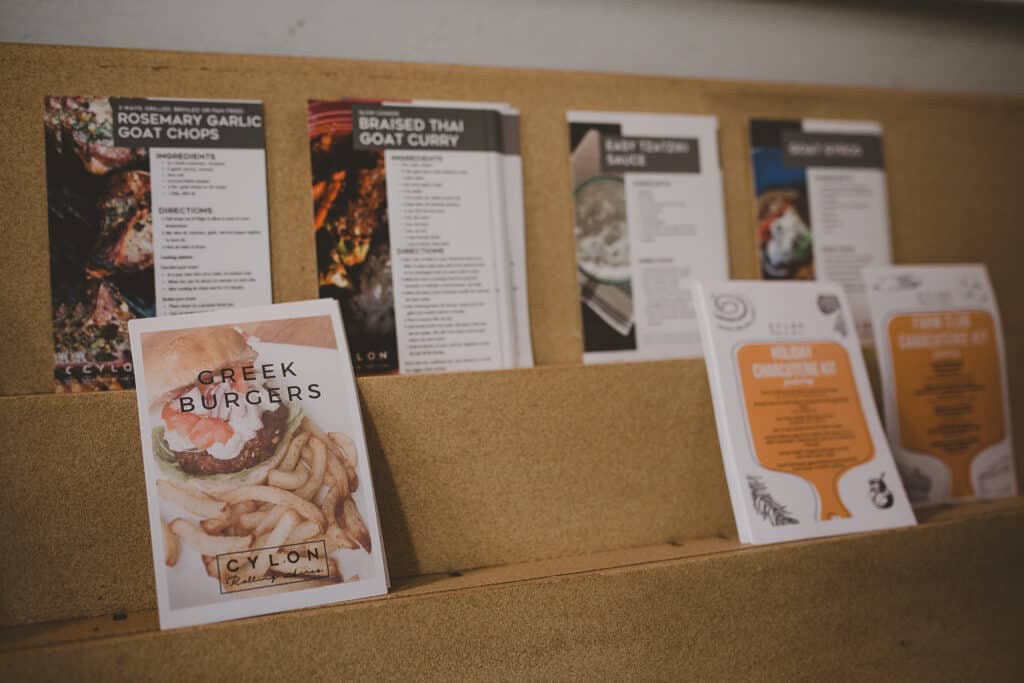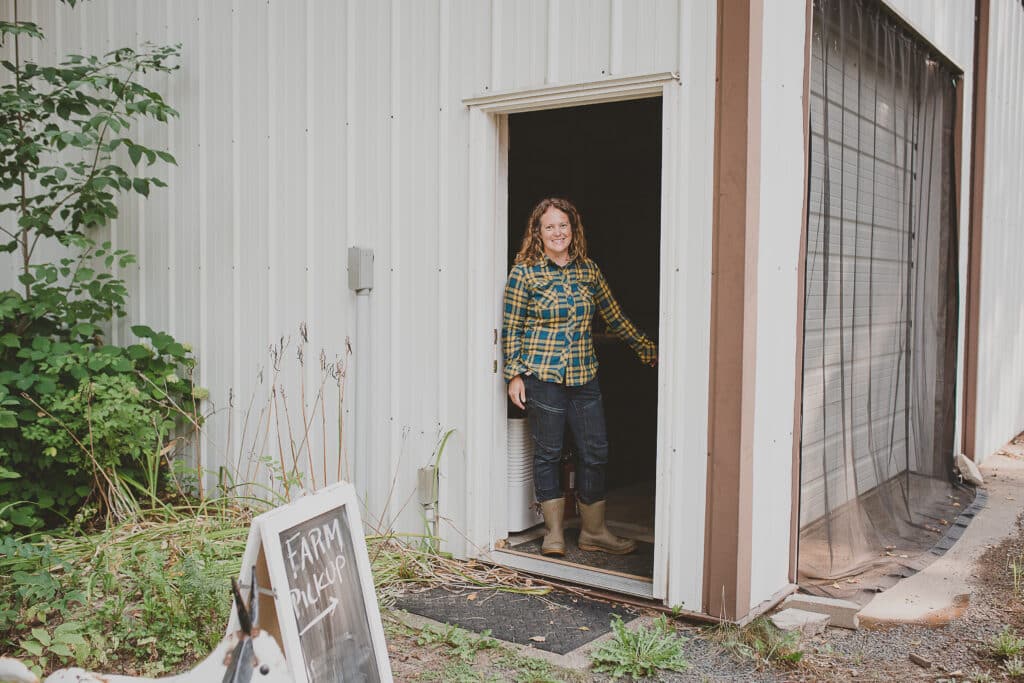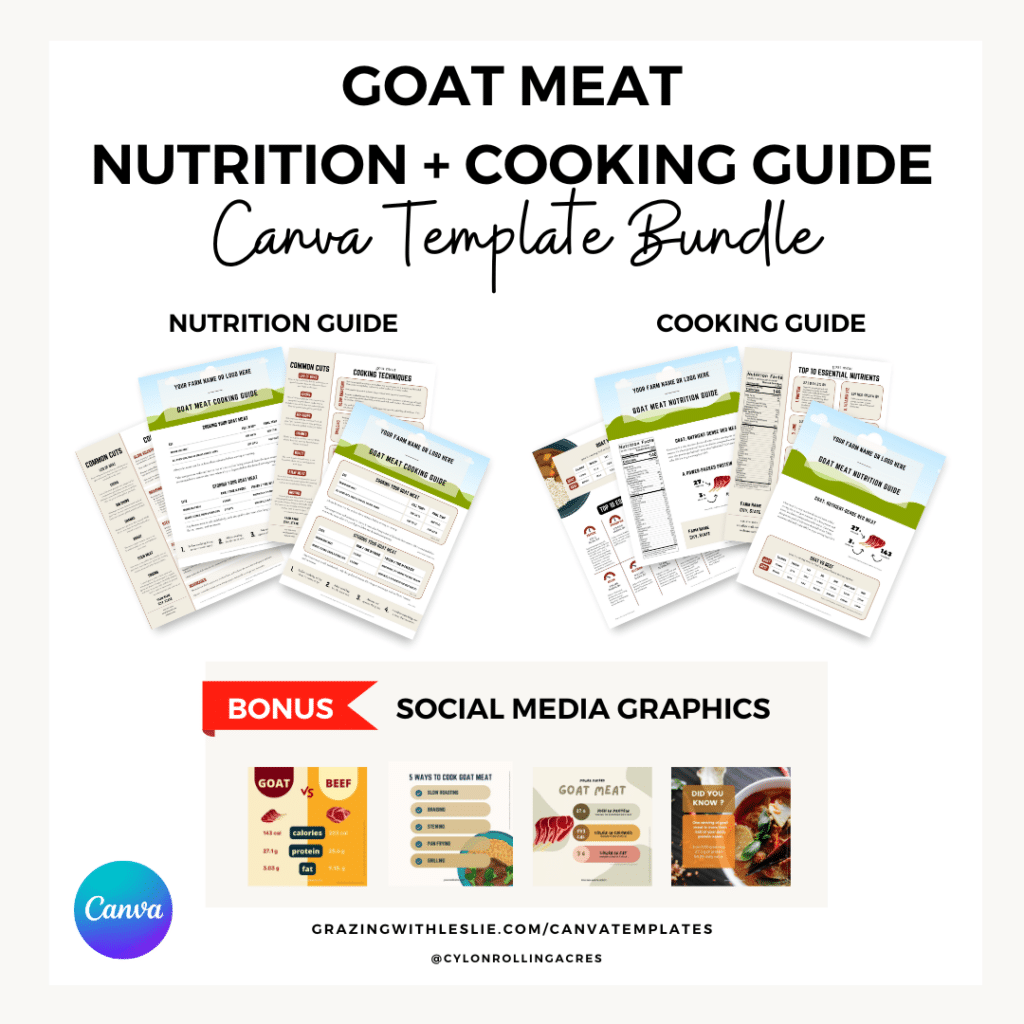Undoubtedly you’ve heard the phrase “know your customer” but what about “know your consumer?” While the language is similar, the difference is important, especially as farmers and ranchers. When I started raising meat goats I made a point to consider my local (and eventually nationwide) customer base and build my business around them but it wasn’t until much later that I started to apply a wider reaching lens and consider more global trends that consumers in general were following, even if they weren’t my customer. In fact, thinking about consumers helped me better serve my customers!
Table of contents
Consumer Behavior Trends
What do consumers know about meat?
According to IRI (Information Resources Inc.) data compiled as part of a 2019 study on meat trends, they found that 56% of consumers self-reported as “merely managing” or “needing help” when it came to purchasing, preparing, and understanding meat.
Breaking it down even further, only 47% considered themselves to be “knowledgeable,” while 35% “knew the basics,” and 18% “needed help.”
Interestingly, 72% millennials also said that they were “just managing” or “needed help.”
Consumers want to try new things
The same study also looked at consumer trends when it came to different cuts of meat.
While 41% reported that they don’t tend to try new cuts than the ones they currently buy, 42% did say that they were willing to try new cuts but only (and this is the important part), if they were advised.
So what’s the takeaway here? I think when we consider “advisement,” we need to think about ways that we as farmers and ranchers can effectively educate customers so that they can feel more excited about trying new things. The desire to learn is there but the lack of information can understandably feel intimidating.

Consumers need and want guidance
A 2018 study done by the National Grocers Association (NGA) had similar findings when it came to what independent shoppers were hoping for from food providers.
Choosing from a list of suggestions, the top rated recommendation at 28% given was for providers to give instructions on how to cook with certain foods.
This lack of information is something that I’ve encountered first-hand with many of my own customers. The majority know how to cook goat meat, but those who do make up certain age groups. Meanwhile, I have found that the younger generations lack knowledge of how to prepare food in general, not just goat meat. We need to be there to bridge the gap, with education for all.
Consumers want to be healthy
In the same study from the NGA, 63% of shoppers also reported that they expect their grocery stores to support them with a healthier lifestyle, with the other two most popular recommendations being that they want help with understanding label information (including ingredient lists and nutritional claims) and general guidance on food that gives good nutritional value for the dollar.

What We Can Do
What’s clear from both of these studies is that as farmers and ranchers, we can and must do more for our customers to give them the education they need when it comes to understanding food preparation and nutritional information. This is especially true considering how, as goat meat providers, we don’t have access to a federally funded marketing program like those for beef, lamb, and pork.
In addition to raising goats and selling goat meat, we can serve as a source of inspiration for what our customers can do next after making a purchase – and even attract new customers. Providing an easily accessible library of recipes is a great place to start, as well as creating and distributing easy to understand guides with helpful cooking tips and nutritional information.
Canva Templates: Goat Meat Nutrition and Cooking Guides
My Goat Meat Nutrition + Cooking Guide Canva Templates are an easy way for you to skip the research and create your own promotional materials to share more about how to cook goat meat and its nutritional benefits with your customers!
Once you’ve customized them with your farm or ranch information, photos and other branding, you can use them:
- At in person markets, your farm store, or as an insert in your customer orders
- As a free lead magnet for prospective customers
- As part of your general onboarding email welcome sequences
- And more!
You can purchase the Nutrition Guide and Cooking Guide Templates separately, or as a bundle. As a bonus, the bundle includes 10+ social media graphic templates.


LEAVE A COMMENT
Comments